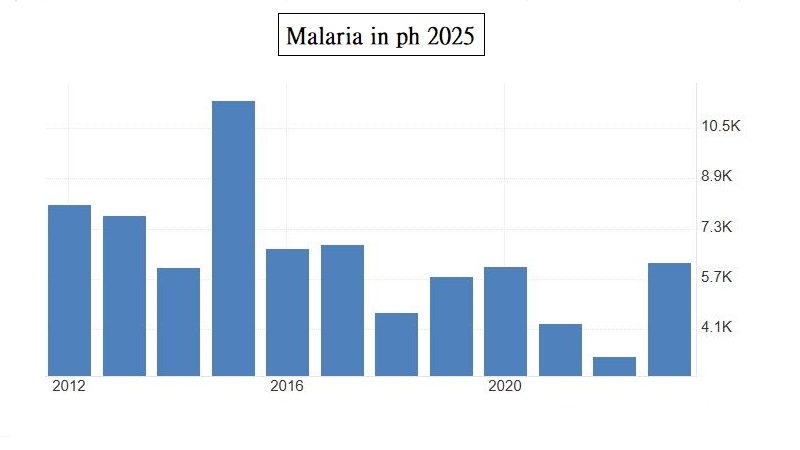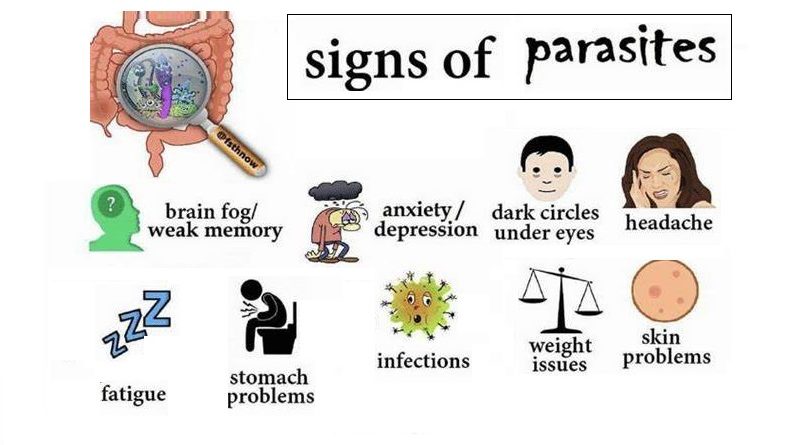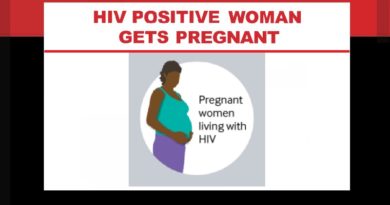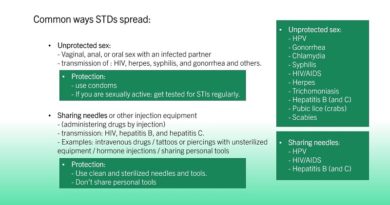Parasitic Infections: What You Need to Know
Last Updated on 02/09/2026 by Helal Medical
Parasitic infections are caused by organisms that live on or inside a host organism and feed off of it. They can affect both humans and animals. These infections are especially common in tropical and subtropical regions of the world like the Philippines. In this article, we’ll discuss some of the most common types of parasitic infections. We’ll also cover what you need to know about them.
Malaria
Malaria is one of the deadliest infections in the world. It is caused by the Plasmodium parasite and is spread by infected mosquitoes. Malaria is most common in sub-Saharan Africa and affects young children the most. Symptoms include fever, chills, and flu-like symptoms. Treatment involves a combination of medication and prevention measures, as mosquito nets and insect repellent.

Protozoa Infections
Protozoa are single-celled organisms that can cause infections in humans. The most common types of protozoa infections include giardiasis, toxoplasmosis, and amoebiasis. Symptoms may include diarrhea, abdominal pain, and fever. Treatment involves a combination of medication and prevention measures, such as good hygiene and avoiding contaminated water.
Worm Infections
Worm infections can be caused by a variety of worms, including roundworms, tapeworms, and hookworms. These infections are most common in tropical and subtropical regions, and can cause a range of symptoms, from mild stomach discomfort to severe anemia. Treatment involves medication and prevention measures, such as good hygiene and avoiding contact with contaminated soil.
Ectoparasites
Ectoparasites are parasites that live on the outside of a host organism, such as fleas, ticks, and lice. These parasites can cause a range of symptoms, from itching and skin irritation to more serious infections, such as Lyme disease. Treatment involves a combination of medication and prevention measures, such as insect repellent and avoiding contact with infected animals.
Prevention
Prevention involves taking a variety of measures, including good hygiene, avoiding contaminated water and soil, and using insect repellent when necessary. It is important to seek medical treatment quickly if you suspect a parasitic infection. Early treatment can prevent complications. It also reduces the risk of spreading the infection to others.
SUMMARY
Parasitic infections are a common problem in many parts of the world. By taking steps to prevent infection and seeking early treatment when necessary, you can protect yourself and others from these potentially dangerous infections. If you suspect you have a parasitic infection, be sure to see a healthcare professional for a proper diagnosis and treatment plan.
SOURCES
[1] https://www.nejm.org/medical-research/parasitic-infections
[2] https://www.healthline.com/health/parasitic-infections
[3] https://www.medicalnewstoday.com/articles/human-parasites
[4] https://www.medicalnewstoday.com/articles/220302
[5] https://www.merckmanuals.com/home/infections/parasitic-infections-an-overview/overview-of-parasitic-infections
[6] https://www.healthline.com/health/parasitic-respiratory-infections
Discover more from Helal Medical Manila
Subscribe to get the latest posts sent to your email.



